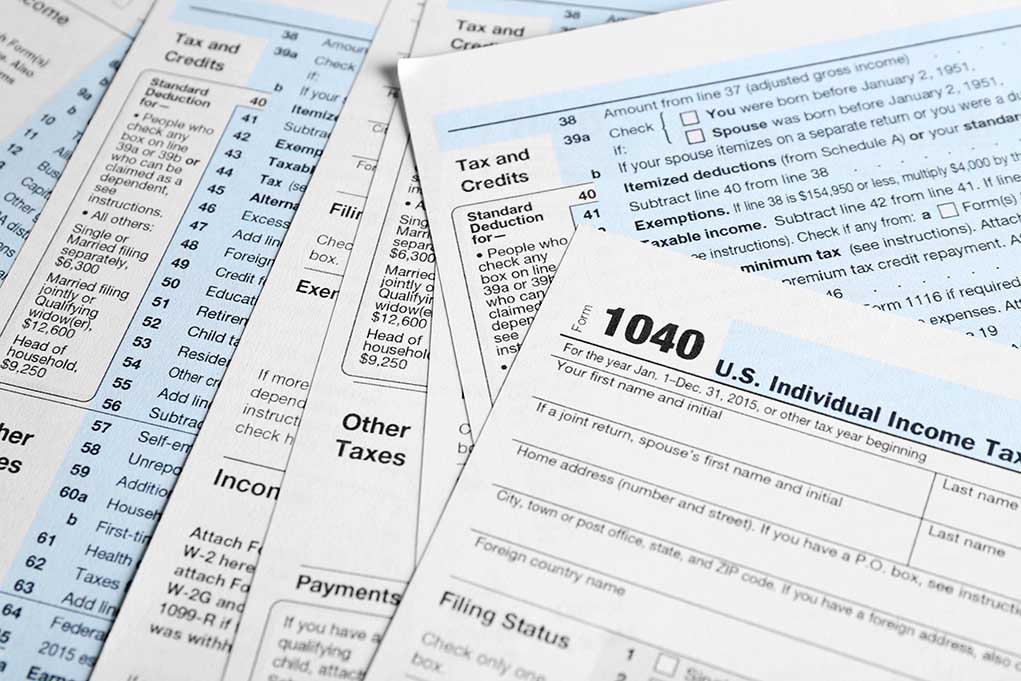
Getting yourself in compliance with tax obligations is crucial to your financial health, especially if multiple years of unfiled tax returns are looming over you. Navigating the road to resolve these issues may seem daunting, but relief options are available to guide you back to financial reliability.
At a Glance
- Filing back taxes may allow you to claim refunds and stop accruing penalties.
- The IRS typically requires the last six years of tax returns to be filed.
- You can only claim refunds and tax credits within three years of their original due dates.
- IRS enforcement relief programs, like amnesty and installment agreements, help manage tax debts.
Understanding Unfiled Tax Returns
Unfiled tax returns can lead to serious financial and legal consequences over time. While this situation often arises from lack of understanding or financial distress, addressing these issues is vital. Filing back taxes allows individuals to stop penalties, claim refunds, and qualify for essential benefits. The IRS mandates filing the latest six years’ returns to remain in good standing, ensuring tax compliance.
IRS Programs Offer Relief
The IRS provides several programs to alleviate the burden on those with back taxes. This includes installment agreements for manageable repayments and amnesty programs for specific circumstances. Furthermore, penalty relief options can significantly reduce financial stress for compliant filers. Filing back taxes not only demonstrates goodwill but also restores access to benefits like Social Security and Medicare.
Gathering the Necessary Documentation
In order to correctly file your back taxes, you’ll need to gather essential documents, such as W-2s and 1099s for each unfiled year. When original documents are missing, you may be able to use IRS tools to obtaining transcripts of past records, easing the preparation process. Look for Form 4506-T on the IRS website to requestipast tax information.
Expert Guidance and Filing Options
Seeking expert guidance, whether through tax professionals or software services like TurboTax, can streamline the filing process. TurboTax is just an example, but they and similar services offer step-by-step assistance, expert consultations, and tailored advice to fit unique tax situations. While electronic filing is unavailable for past years, mailing completed returns ensures timely processing. Furthermore, understanding the importance of chronological filing can prevent further legal complications.
Addressing Penalties and Financial Strategy
Neglecting to file taxes can result in the accumulation of hefty penalties over time, with a potential increase of 5% of unpaid taxes per month. This highlights the need for a strategic approach when dealing with back taxes. Filing on time can mitigate penalties related to delayed payments. If payment proves challenging, the IRS offers solutions like installment plans and offers in compromise to ease the financial burden.











